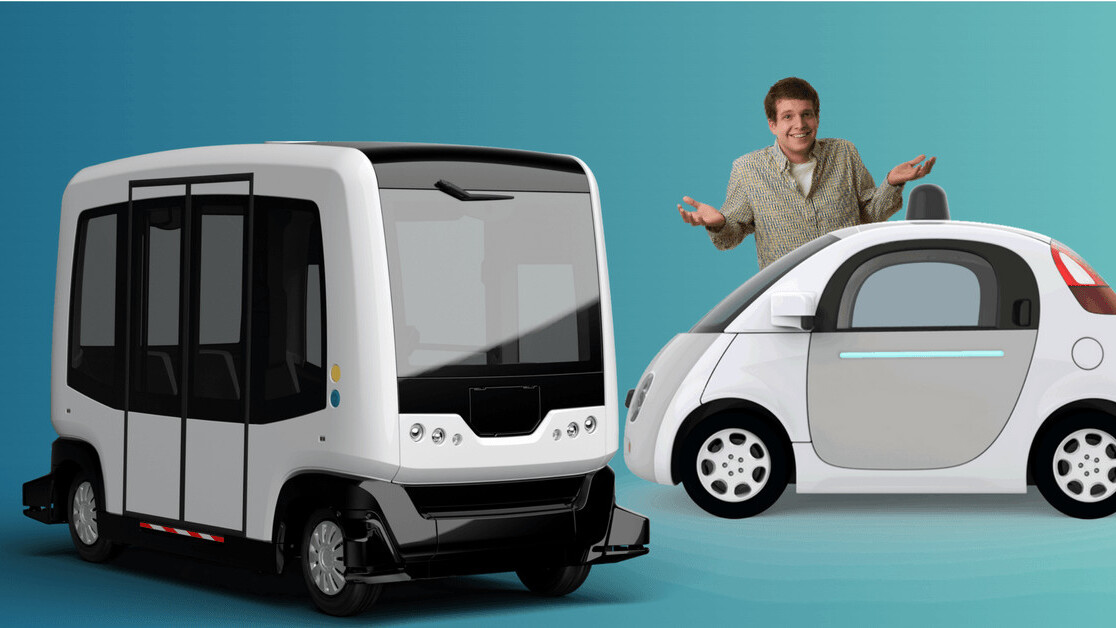
2017 was an exciting year for driverless cars: from Waymo testing driverless cars on city streets for the first time, to the UK Government’s plans to launch driverless cars onto the roads in 2021, in the past twelve months we’ve seen faster development of driverless car technology than ever before.
This year could be even more exciting. However, in order to maintain momentum, we need to tackle one issue head on: training technical talent.
Limitless potential, limited talent pool
Self-driving cars have the potential to change the world in ways we haven’t yet fully realized. This untapped potential is what got me into a career in autonomous vehicles in the first place. The way that we build our roads, organize our travel and move about in our cities will change forever, and, I think, for the better.
One not-so-small problem: very few people know how to program driverless cars. A self-driving car integrates multiple types of highly-complex technology: automotive engineering, software expertise, statistics and probability, machine learning, mathematics, and more. Successful self-driving car engineers have a combination of very specific (and often rare) skill sets.
The driverless skills gap
Countries around the world are suffering from a digital skills gap. The British Chambers of Commerce found that three in four UK businesses report a digital skills shortage among their employees, while in the US the National Federation of Independent Business reports that 45 percent of small businesses were unable to find qualified applicants to fill job openings.
The problem is supply and demand: the demand for the technical skills that make great self-driving car engineers is growing much faster than the supply of capable engineers. Traditional educational institutions — schools, universities and vocational colleges — sometimes struggle to keep up with the pace of change in the private sector, and their curriculums can sometimes lag behind the times as a result.
Rethinking education
The solution is easier said than done: we need to rethink our approach to education. Universities today are designed to educate students for four years, between 18 and 22 years-old, and never again. But today’s workforce knows they will have multiple jobs throughout their careers, and each one will require different skills. In my career I’ve been a software developer, product manager, entrepreneur, and now a self-driving car engineer. Every time I switched roles, I had to educate myself all over again, without the help of traditional educational institutions.
My own career demonstrates the power of lifelong learning. We need to build new institutions to support workers throughout their lives, as they educate themselves for new jobs. If you stop learning when you leave college, you lose out, in professional as well as personal terms. New career opportunities spring up every day, and retraining is essential for people who wish to reap the rewards of the new digital economy.
Governments have a key role in sponsoring retraining and helping workers ‘skill up.’ Education policy and government support need to work together to help and encourage citizens to learn the necessary skills to fill new roles in autonomous vehicles, machine learning or digital marketing.
There is a promising first step: The UK Government has promised to triple the number of computer science teachers over the next few years. But it’s not enough. For 2018 to keep up the momentum towards a driverless future we’ll need to start looking seriously at other educational avenues to build the talent that the industry needs.
At the moment, most adult learning and development activities are taking place in the private sector. Alternative education courses, such as coding bootcamps, MOOCs and digital apprenticeship schemes are a great steps to plug the gap. If anything, these represent untapped opportunities for governments to support and provide momentum.
The UK Government had enormous success with encouraging young people to go to university during the late 90s and early 00s. Now almost 54 percent of the UK workforce is university educated. The focus now is on what happens between graduation and retirement. Only a focus on lifelong learning will bring our driverless future within reach.
Get the TNW newsletter
Get the most important tech news in your inbox each week.




